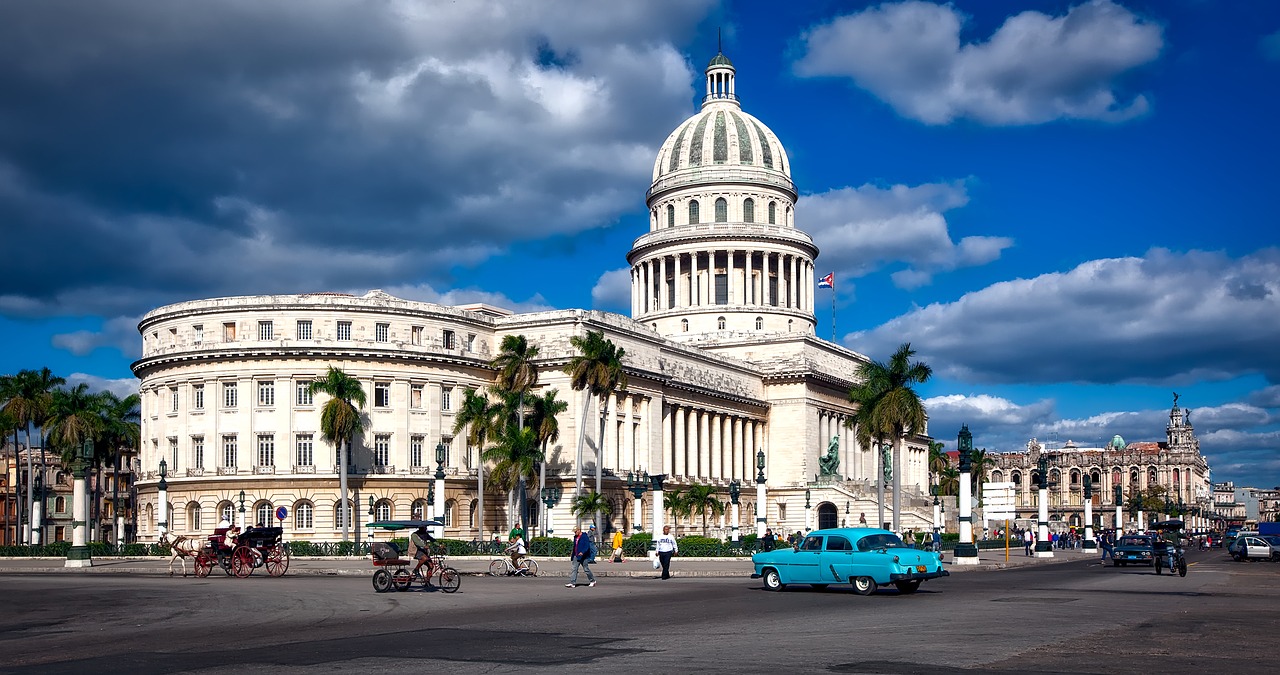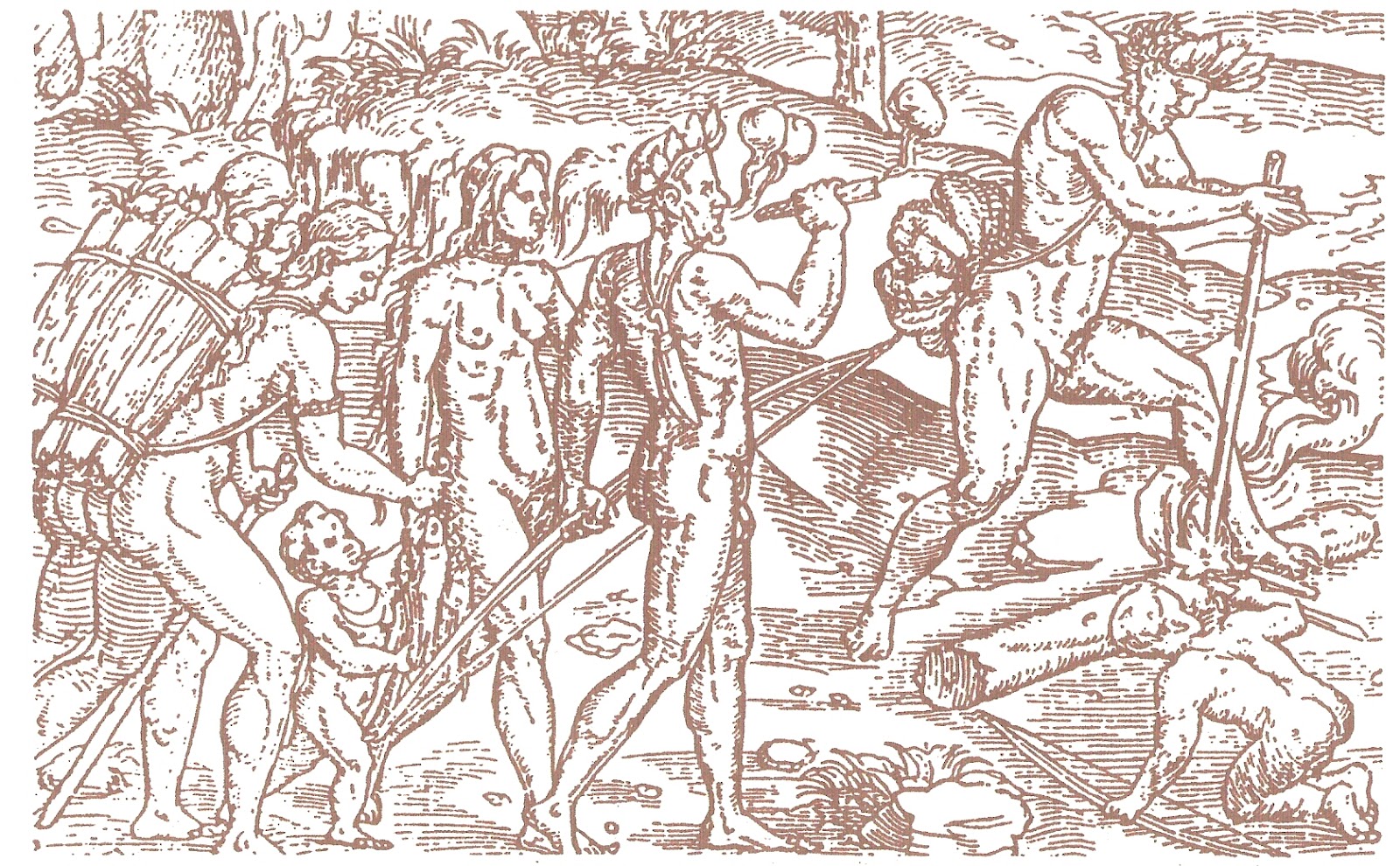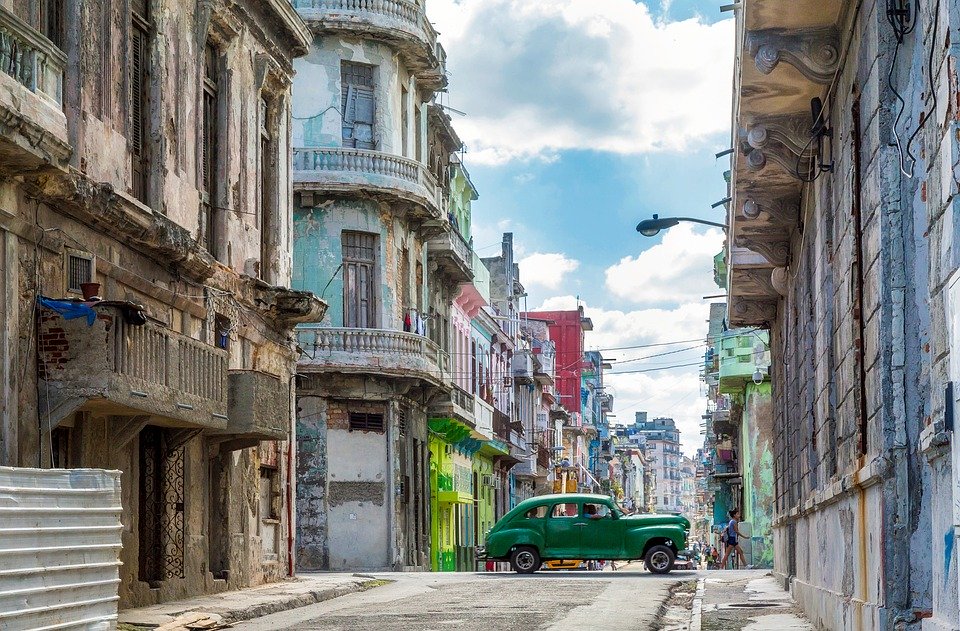
Havana, the famous and vibrant capital of Cuba, is a city known throughout the world. Less known however is the origin of its name, for which there are several theories. Why is Havana called like that? We explain it to you in the following lines.
First of all, we must go back five centuries in history, to the moment of the birth of the city. Havana was founded in the year 1514, being one of the first Spanish cities in the New World. The original name was San Cristobal de La Habana, without ever being clearly explained the second part of this place name. To add more confusion, on maps and historical documents it appears written in different ways: Havana, Abana, Havana ...
Starting in the XNUMXth century, it seems that a certain consensus was imposed when naming the city, leaving the name of Havana (with "b") definitively established.
And San Cristóbal? In this sense there is little doubt: it refers to Saint Christopher of Lycia, a martyr sacrificed during the persecutions of Christians in ancient Roman times. Tradition tells that this saint helped a child cross a river, who would later reveal to him that he was Christ himself. For this reason, San Cristóbal is the patron saint of drivers and travelers.
In its early years, Havana was the starting point and arrival of all kinds of travelers, merchants and adventurers, so the choice of this name was more than justified.
Havana: theories of the origin of its name
The theories that try to explain the origin of the name of the Cuban capital are the most varied. Surely one of them is correct, but it is almost impossible to know which one.
Taino culture
According to many historians, the word "Havana" would be the term corruption savannah, Which taíno language (the one that the natives spoke before the arrival of the Spaniards) could mean "meadow". It is said that this was how the southern region of Havana and Matanzas, which is a great plain, was named.

The Tainos, the aboriginal settlers of Cuba
Another theory, defended by the Cuban historian Eusebio Leal Spengler, defends that the name of the city comes from that of habaguanex, a powerful cacique who would have ruled in the territories where the city stands today in the years before the Spanish conquest.
As a curiosity, we must mention an extravagant linguistic thesis that places the origin of the name of Havana in the Germanic word Port, which means port. The theory breaks down for a simple reason: there are no documents or evidence that shows the presence on the island of Germanic or Nordic explorers, not even Anglo-Saxon ones, before the arrival of the Spanish.
Ancient legends
Perhaps the explanation of the origin of the name of Havana is found in one of the many local legends that were born during the time of the conquest. Most historians and scholars do not give them much reliability, but in any case they are worth knowing.
The most popular of all, at least within Cuba, is the story of India Guara. This young woman fell in love with a Spanish conqueror, who would have seduced her to obtain strategic information from her: the location of an indigenous settlement hidden in the jungle that at that time covered part of where Havana stands today.
Guara realized his mistake too late, when he saw the conquerors storm the town and perpetrate a massacre there. Feeling guilty, Guara went crazy and threw herself into the fire. Upon seeing the scene, the survivors of the disaster will repeat over and over the word "abana", which in the Aruaca language would mean "she's crazy".
Another legend, less sad and bloody than the previous one, affirms that the first ships that anchored in front of what is today the boardwalk sent a series of boats to the mainland. As they reached the coast, a dazzlingly beautiful Indian girl greeted them from the top of a great rock. The Spaniards asked her for the name of that place, to which the Indian woman, spreading her arms as if wanting to encompass the entire landscape, replied with a single word: "Havana," before disappearing before their eyes to never be seen again.

Havana, capital of Cuba, in a current image
Havana before the arrival of the Spanish
Although there are some doubts in this regard, it is officially accepted that the founding date of Havana is November 16, 1514, when the celebration of the first mass took place in the newly founded city. But actually the history of this place is much older and, unfortunately, little known.
The original location of the Indian village that preceded the colonial city is also not known, as no historical evidence has been found to date.
Many historians believe they have sufficient evidence to affirm that the first Spanish settlement, located in the same place as the indigenous town, is located a few kilometers south of the current site of Havana. This first settlement was progressively abandoned and the city "moved" throughout the first decades of its life to a point near the Almendares river.
At the moment, these are only hypotheses. If there was a Havana before the arrival of the Spanish, it is still hidden from our eyes.